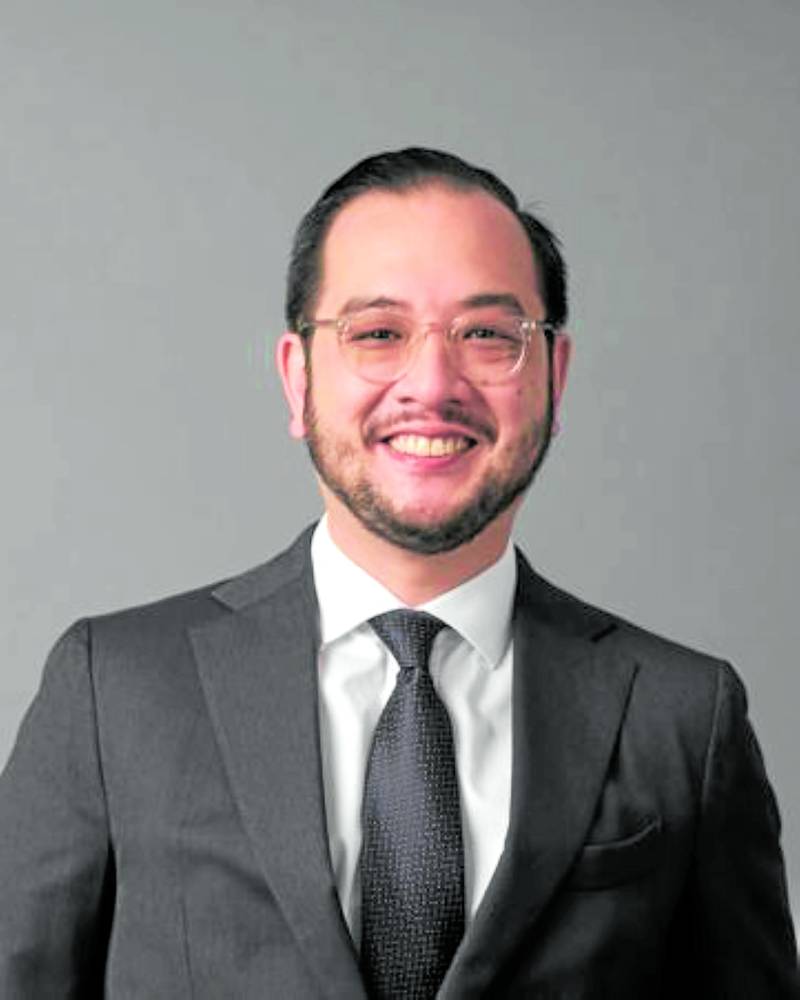Paolo Borromeo is the president and CEO of AC Health, the Ayala-owned group that launched Healthway Cancer Care Hospital, the first dedicated cancer hospital in the Philippines. In this interview, he talks about the business model of the hospital.
Question: Could you elaborate on the vision behind establishing the first cancer hospital in the Philippines with an end-to-end approach at affordable rates? What inspired this initiative?
Answer: At Ayala, we have always built businesses that are relevant to society and our communities. When we founded AC Health in 2015, we sought out to address major gaps in Philippine health care. Cancer care was top of our list. Cancer has and continues to be a public health problem with significant impact to the patient, the family and the health-care system. All of us, in one way or another, have been afflicted with this disease, whether ourselves, family members and loved ones, or friends and acquaintances. We established the Healthway Cancer Care Hospital (HCCH) to help address the burden and pain brought about by cancer by improving access to quality, affordable cancer care to the many patients in need.
As such, we designed HCCH to provide comprehensive cancer care, offering end-to-end cancer services, from screening, treatment, post-cancer care services to monitoring and surveillance, at affordable rates. The initiative was driven by the belief that every Filipino deserves access to quality cancer care, regardless of financial means.
Q: How does your hospital integrate cutting-edge technology with affordability to ensure high-quality cancer care for patients in the Philippines?
A: HCCH has brought in world-class equipment and state-of-the-art technology through strategic partnerships with global leaders such as Siemens and Varian. Siemens and Varian are the leading providers of cancer diagnostics and radiation treatment. Together, we are able to provide these services at more affordable rates to patients.
By leveraging these advanced diagnostics and treatment modalities, HCCH maintains high-quality cancer care standards while optimizing costs to ensure affordability for patients in the Philippines.
This approach enables access to a superior level of care without compromising quality or financial accessibility.
Q: Given the complexity of cancer treatment and care, what were some of the key clinical or operational challenges the hospital encountered, and how were these challenges managed?
A: As with any new hospital, we are still improving our processes and systems to ensure that we give the best possible customer experience, minimizing waiting times and providing the right level of patient support.
We have a fantastic team that focuses solely on the patient experience, instituting processes and policies to improve our service levels and guide the patient and families throughout the care continuum.
Overall, we are so fortunate with our staff. I think we have the best care team at HCCH, comprising a diverse set of talented practitioners and medical professionals, operating across multidisciplinary teams, but guided by a common set of values and inspired by a unified vision to make a difference to our patients.
Q: In terms of patient outcomes, what benchmarks or metrics does your hospital use to measure success? How do you ensure that affordability does not compromise the quality of care?
A: Patient outcomes are measured through benchmarks such as survival rates, quality of life improvements and patient satisfaction scores.
To ensure that affordability does not compromise care quality, HCCH follows evidence-based practices, adheres to international standards, and regularly evaluates and adjusts treatment protocols as needed.
Additionally, HCCH has partnered with the National Cancer Centre Singapore to facilitate collaborative tumor board meetings where specialists from both hospitals will discuss complex cases and share expertise. Through this partnership, we are able to exchange best practices between healthcare teams and deliver quality care at global standards which will help improve our clinical outcomes.
Q: Considering the diverse socioeconomic backgrounds of patients in the Philippines, how does your hospital address accessibility issues to ensure that all individuals, regardless of financial means, can access cancer treatment?
A: Our services cater to a diverse set of patients and we recognize that our patients have varying financial capacities.
To help address financial aid, we are partnering with financial institutions to explore alternative payment schemes.
We also have partnerships with various pharmaceutical companies to provide access programs for our cancer patients to lower the cost of treatment.
Finally, we are establishing partnerships with government agencies and nongovernment organizations to provide financial assistance, and flexible payment options for patients also contribute to alleviating the burden of cancer.
By removing financial barriers and improving geographic accessibility, HCCH strives to ensure that all individuals, regardless of socioeconomic background, can access timely and effective cancer treatment.
Q. Can you discuss any innovative financing models or insurance schemes your hospital has developed to help patients manage the financial burden of cancer treatment?
A: We have partnerships with banks such as BPI to provide flexible financial plans to help with the costs of cancer treatment without compromising financial security.
Our accreditation with PhilHealth and partnerships with various insurance allow for better access to hospital services.
Aside from this, we will have government assistance programs such as PhilHealth Z-benefit packages, Department of Social Welfare and Development assistance, Department of Health Medical Assistance to Indigent and Financially Incapacitated Patients to provide financial support and help ensure that the cost of cancer treatment is manageable for patients in need. —CONTRIBUTED
